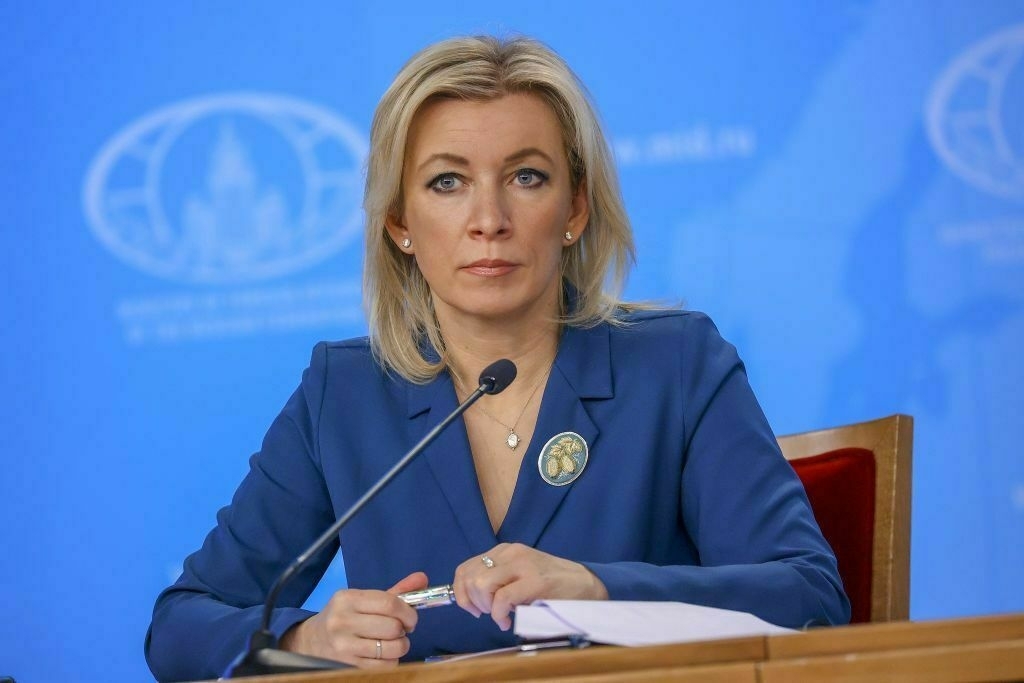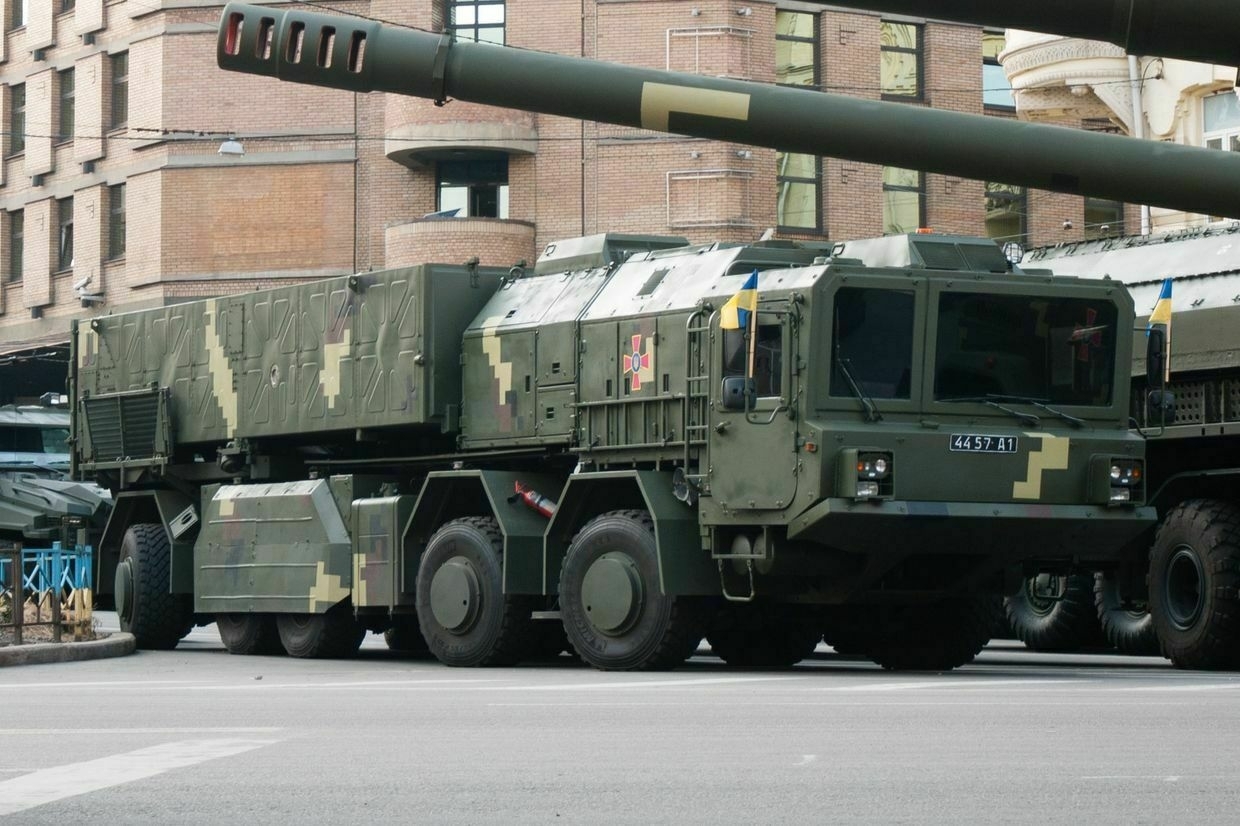
Russia on June 18 warned the world is “millimetres away from catastrophe” due to Israeli strikes on Iran’s nuclear infrastructure, just four months after one of its own drones struck the Chornobyl nuclear site in Ukraine.
Russian Foreign Ministry spokesperson Maria Zakharova accused Israel of escalating the risk of a nuclear incident in the Middle East, despite Russia’s own record of repeatedly both placing nuclear facilities during its full-scale invasion, and threatening the use of nuclear weapons.
On Feb. 14, Russian forces struck the Chornobyl nuclear facility with a Shahed drone, hitting the protective sarcophagus that encases Reactor No. 4, site of the 1986 nuclear disaster.
Damage was limited, and no radiation leakage occurred, but the act was widely condemned as a deliberate provocation timed to coincide with the Munich Security Conference.
President Volodymyr Zelensky called the attack on the Chornobyl plant “a terrorist threat to the whole world.” Ukrainian officials and nuclear security experts said the strike was unlikely to cause significant radioactive contamination but served as a warning of Russia’s willingness to weaponize fear of nuclear disaster.
Russia has also intensified strikes near other nuclear facilities in Ukraine, including infrastructure connected to the occupied Zaporizhzhia Nuclear Power Plant, which Moscow’s forces have used as a military base since early in the war.
Analysts view the attacks as part of a broader campaign of intimidation aimed at pressuring Kyiv and its allies into a settlement.
Zakharova’s comments follow growing international concern over the rising tensions between Israel and Iran. Russia has positioned itself as a potential mediator in the conflict, though European leaders have dismissed the Kremlin’s neutrality due to its deepening military ties with Tehran and ongoing aggression in Ukraine.
Russian President Vladimir Putin “cannot be trusted” to mediate peace in the Middle East while launching mass strikes on Ukrainian cities, EU foreign policy chief Kaja Kallas said on June 17. Her remarks came after a Russian missile attack killed at least 28 civilians in Kyiv and injured over 130.
Kremlin spokesperson Dmitry Peskov said Israel has so far rejected Moscow’s mediation offer. U.S. President Donald Trump said over the weekend that Putin had expressed willingness to help mediate.
Russia continues to receive military support from Iran, including drones and missiles used in attacks across Ukraine.
 The Kyiv IndependentYuliia Taradiuk
The Kyiv IndependentYuliia Taradiuk
